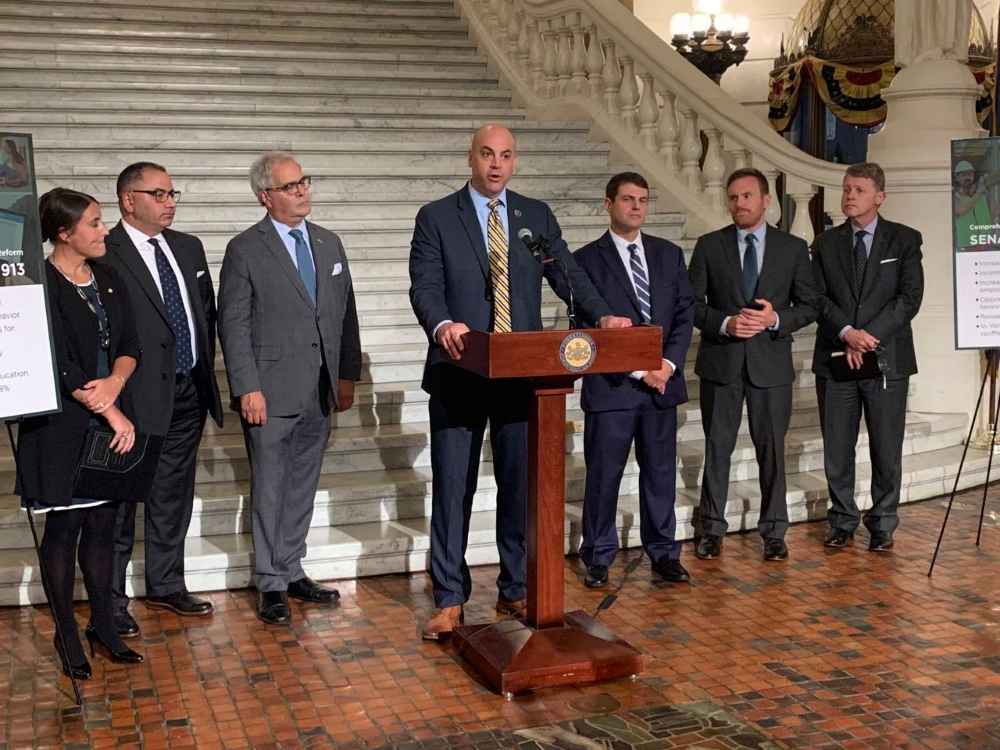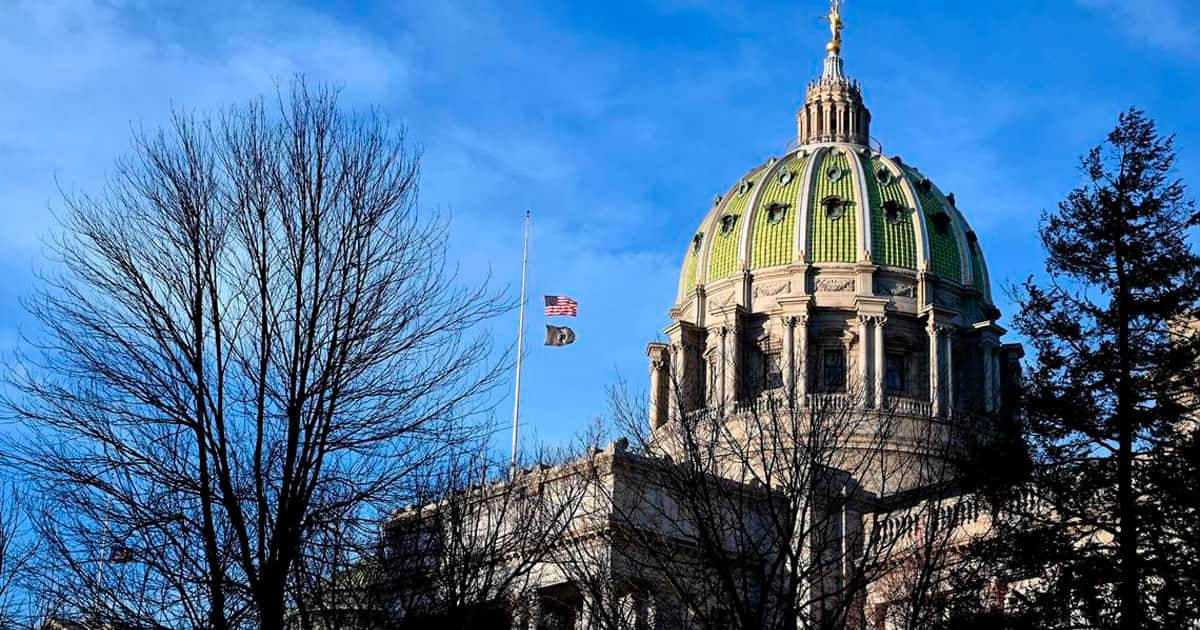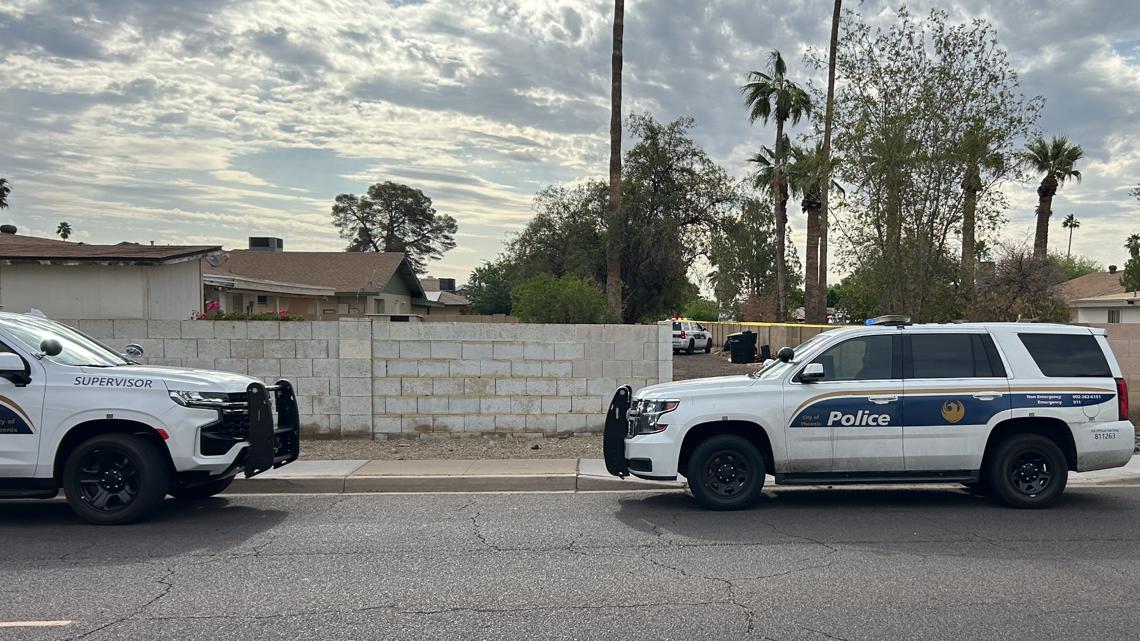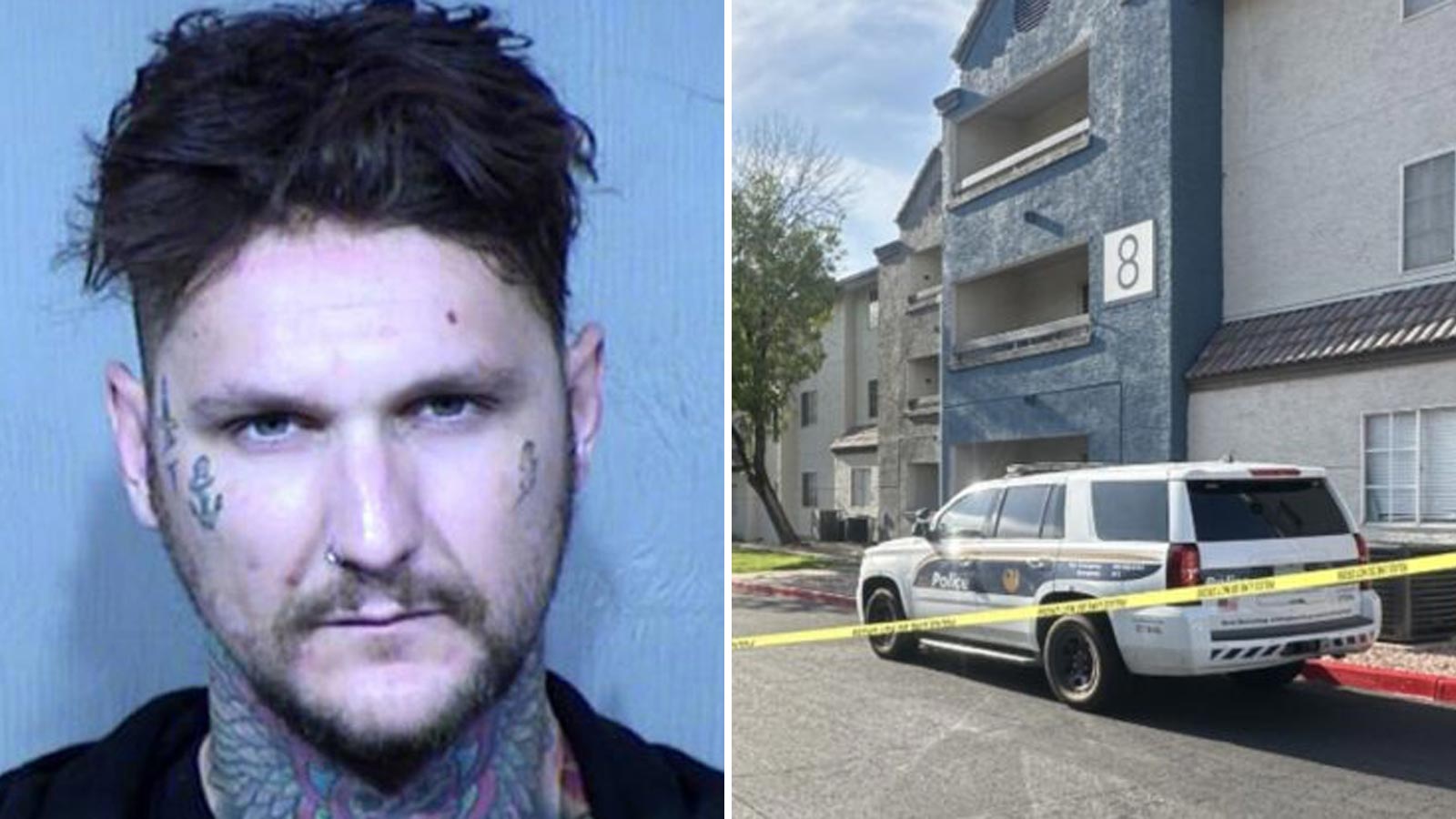The bill received overwhelming support with a 45-4 vote and will now move to the House of Representatives for further consideration.

Pennsylvania’s state Senate has passed legislation aimed at reforming the probation system in an effort to reduce the number of individuals on probation and in jail
The bill’s advocates are optimistic about its prospects, particularly since the House is now controlled by Democrats. The proposed legislation is designed to address the urgent need for reform within the state’s probation system, as highlighted by Senator Anthony Williams, who emphasized the countless individuals who have been adversely affected by the probation process across multiple generations. Both Republican and Democratic leaders in the Senate have backed the bill, which aligns with a growing nationwide trend of reevaluating probation and parole measures in order to find alternative solutions for nonviolent offenders and those with mental health issues.
Pennsylvania currently has one of the highest rates of individuals under community supervision, according to federal statistics. The case of rapper Meek Mill drew attention to the issue when he spent a significant portion of his adult life on probation, including periods of incarceration for minor violations, before his conviction in a drug and gun case was overturned by the court.
The legislation aims to limit the length of probation sentences and the circumstances under which nonviolent offenders can be sent back to jail
While it does not impose a specific cap on the duration of probation, the bill provides judges with the authority to terminate probation regardless of prior agreements between prosecutors and defendants. Additionally, judges will have less discretion to extend probation periods.
Critics argue that the current system disproportionately affects racial minorities and leads to the imprisonment of nonviolent offenders for technical violations that are not considered criminal offenses. The bill addresses these concerns by mandating probation review conferences within defined timeframes, such as two years for misdemeanors and four years for felonies. Good behavior may lead to earlier review hearings. Furthermore, probation would generally end unless the defendant commits a crime posing a threat to public safety, fails to complete required treatment, or neglects to pay restitution in certain circumstances.
READ ALSO: U.N. Investigator Decries Ongoing Cruel Treatment At Guantanamo




